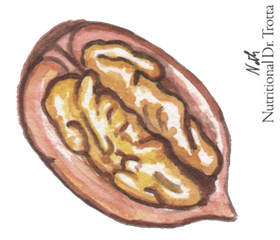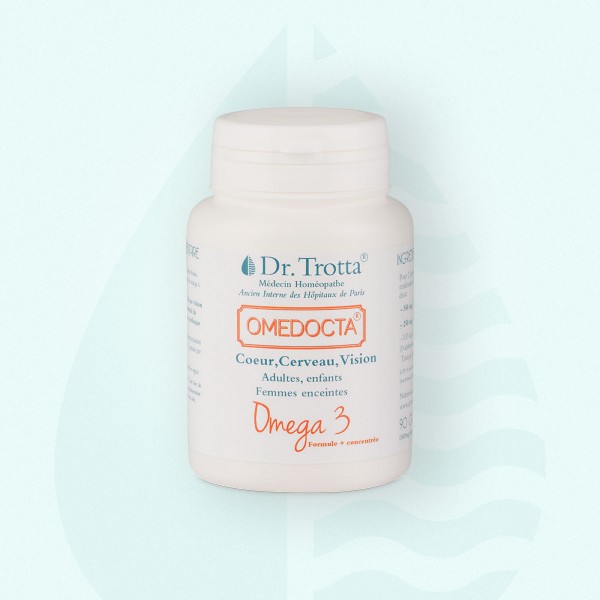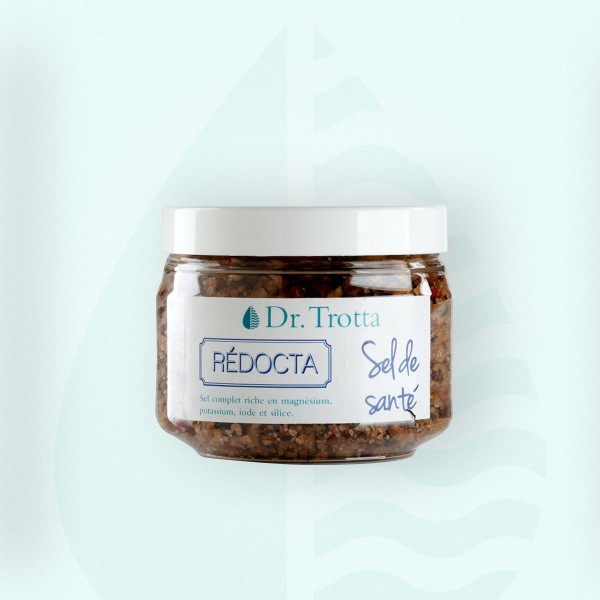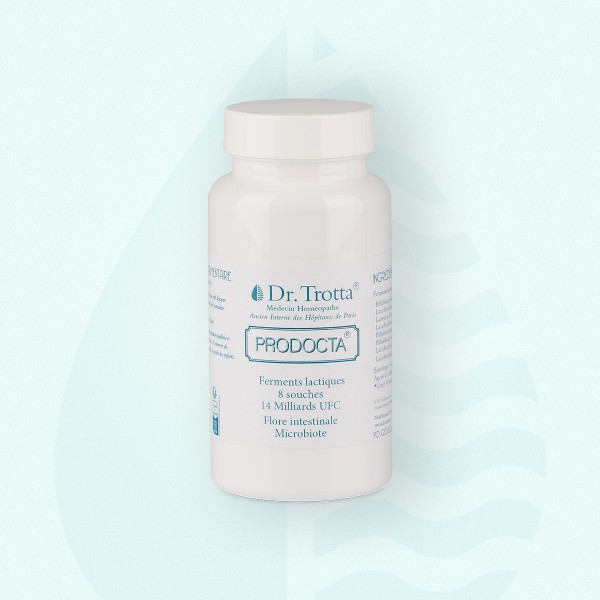Enjoying pregnancy

 In this article, you’ll find some advice on how to make the most of your pregnancy, prevent the ills of this exceptional state and ensure that your baby grows up serenely, without any deficiencies, and that the mother-child relationship begins under the best possible auspices.
In this article, you’ll find some advice on how to make the most of your pregnancy, prevent the ills of this exceptional state and ensure that your baby grows up serenely, without any deficiencies, and that the mother-child relationship begins under the best possible auspices.
“It’s the best thing you can do in life”: many parents who are lucky enough to have children say this.
Pregnancy is not an illness, it’s a natural state that lasts 9 moons, is under cosmic influence and requires common sense and nutritional advice, both for the mother and the child growing inside her.
The most important thing to know (and unfortunately the most overlooked) is to ensure maximum intake of essential polyunsaturated fatty acids. This will nourish the baby’s growing brain.
Most teenage girls and young women are unknowingly deficient in these fatty acids, not least because the refined Western diet is far richer in saturated fatty acids than in polyunsaturated fatty acids.
It’s not the cholesterol level in the blood that you need to measure to know if you’re in good health, but the ratio between AA and EPA. AA = Arachidonic Acid, leader of the saturated fatty acids. EPA = Eicosa Pentaenoii Acid, leader of the polyunsaturated fatty acids along with DHA. In short: AA causes inflammation, EPA reduces inflammation and DHA nourishes your brain and your baby’s brain.
For good health, you need an AA/ EPA ratio < 5
To give you an idea, this AA/EPA ratio is equal to 20 in the USA (where the diet is far too saturated), 10 in the West (where the diet is more balanced) and 2 in Japan (where the diet, very rich in fish, is one of the healthiest in the world, with the island of Okinawa famous for its highest concentration of healthy centenarians).
So, to ensure that Mum is well nourished and fulfilled, and that baby’s brain is built up with the good fats it needs, we need to lower this ratio, and thus increase the intake of polyunsaturated fatty acids.
Pregnant women must therefore :
 Reduce saturated foods considerably: potato chips, cold meats, pork, fried foods, palm and peanut oils, peanuts, cow’s milk.
Reduce saturated foods considerably: potato chips, cold meats, pork, fried foods, palm and peanut oils, peanuts, cow’s milk.
Add to your diet: first cold-pressed extra virgin olive, rapeseed or walnut oils, walnuts, sardines and mackerel.
This nutritional advice is so important that Dr. Michel ODENT, the famous gynecologist behind pain-free childbirth, published an article in the Lancet in the 90s entitled “Eat sardines and be happy! In other words, women who regularly eat sardines during pregnancy are 10 times less likely to suffer from the famous post-partum depression, which is an omega3 deficiency depression.
However, let’s face it: most women find it hard to eat a can of sardines (or mackerel) a day.
That’s why it’s a good idea to supplement your diet with Omega 3 supplements made from these fatty acid-rich fish oils. During pregnancy, pregnant women are strongly advised to take the pure polyunsaturated fatty acid supplement OMEDOCTA one capsule a day (if the woman is accustomed to consuming the above-mentioned fatty acid-rich foods), or 2 capsules a day if her diet is deficient in these good fatty acids.
Second tip for pregnant women: if you want to limit weight gain during pregnancy.
 To achieve this, you need to limit your intake of carbohydrates, such as white bread, pastries, white rice, potatoes, pasta, pizzas, quiches, cakes, cow’s yoghurt and cow’s milk products in general.
To achieve this, you need to limit your intake of carbohydrates, such as white bread, pastries, white rice, potatoes, pasta, pizzas, quiches, cakes, cow’s yoghurt and cow’s milk products in general.
In particular, we recommend
Eat a high-protein, high-fat breakfast every morning: boiled egg, fruit, avocado, nuts, etc., rather than bread, butter and jam or refined cereals that are too rich in sugar, salt and palm oil;
A lunch including: Vegetables, brown rice, lentils or quinoa, alternating with meat or fish (including the famous sardines). Choose fruit for dessert rather than dairy products;
Light dinner: salads, soups, fish.
Pregnant women should also remember to include essential B vitamins in their diet, particularly in the form of legumes and wholegrain cereals. White rice, pasta and white bread contain no B vitamins, unlike brown rice, lentils and quinoa.
To avoid water retention and swollen ankles and legs, banish white salt and use a wholemeal salt naturally rich in potassium that offsets the effect of sodium chloride, such as REDOCTA. This salt also contains natural iodine, which will nourish your thyroid, which is very much in demand at this time of year.
Tip 3: If a pregnant woman suffers from allergies, it is advisable to take probiotics during the last 3 months of pregnancy. PRODOCTA probiotics: this complex, rich in probiotic ferments, will enrich and balance the disturbed intestinal flora at the origin of allergies.
The intestinal flora also balances the vaginal flora: during childbirth, the mother’s vaginal flora seeds her baby’s intestinal flora – it’s incredible, but that’s how it is!
As a result, a balanced intestinal flora in the mother will give a balanced intestinal flora to the newborn, with much less risk of food allergy and intolerance.
Children born by caesarean section suffer far more from food allergies and intolerances than those born vaginally: the mother’s vaginal flora seeds her baby’s intestinal flora when it is in the vagina just before birth.
Tip 4: Nausea: A large majority of women suffer from nausea during the first trimester, sometimes severe and disabling; nausea that the medical profession does not know how to relieve.
Doctor TROTTA’s experience shows that homeopathy and auricular acupuncture can provide a non-toxic, highly effective response for women suffering from nausea.
As for the fatigue often inherent in pregnancy, these balanced nutrition and health tips can help prevent it in general, and if that’s not enough, it’s essential to rest.
For more personalized advice, you can consult Dr. Trotta personally.
– or remotely via telemedicine
– or on site at the Institut de Médecine Naturelle in San Sebastian, Basque Country
Dr Pascal Trotta,
Former intern at the Hôpitaux de Paris, Specialist Physician, Radiologist, Homeopath, Founder of the San Sebastian Institute of Natural Medicine
Paseo de los Fueros 3, 20005 San Sebastián, Basque Country
Request an appointment for a consultation with Dr Trotta
– on site.
– online.
Order Dr Trotta’s natural supplements:
– or by calling 05 54 54 44 43
– or on the online site: Dr Trotta’s laboratory




